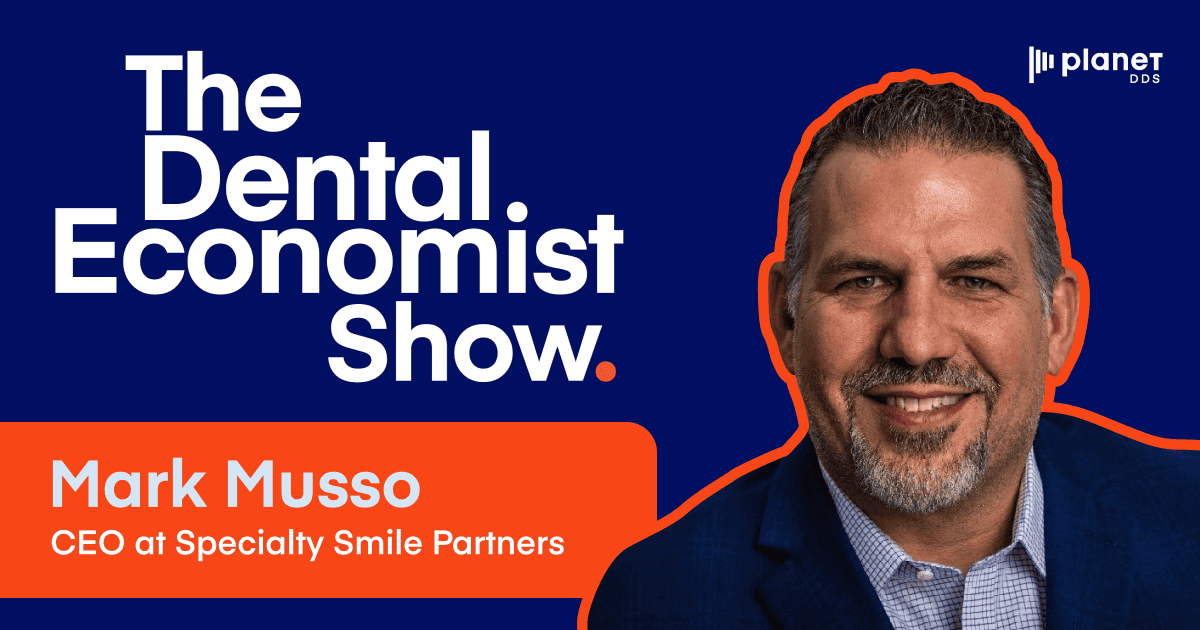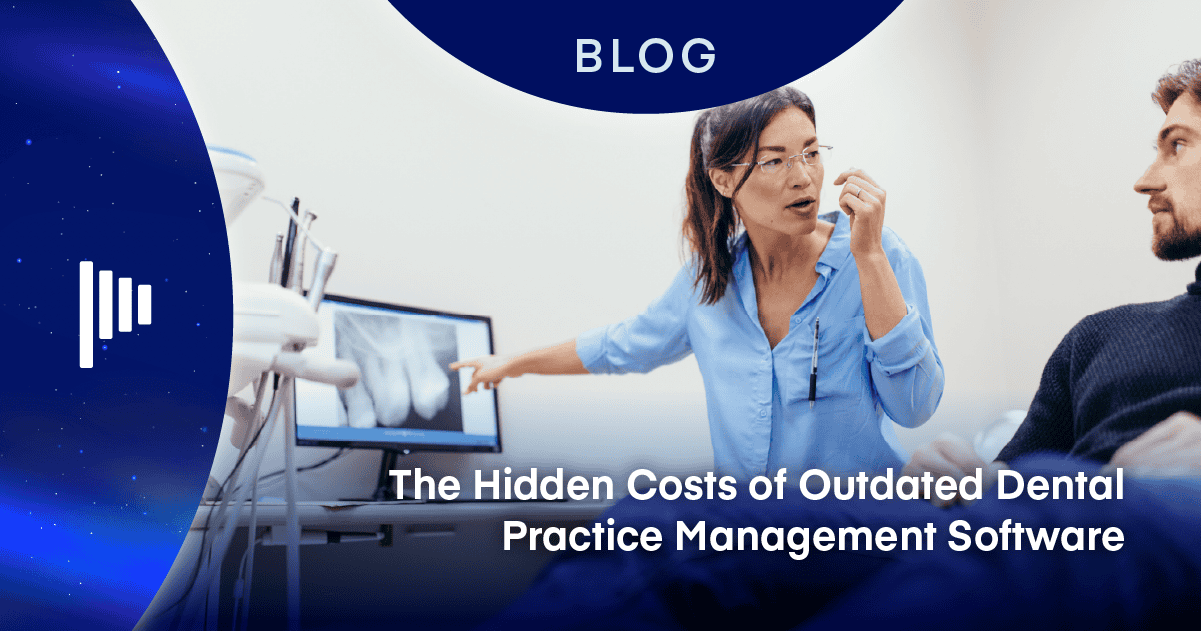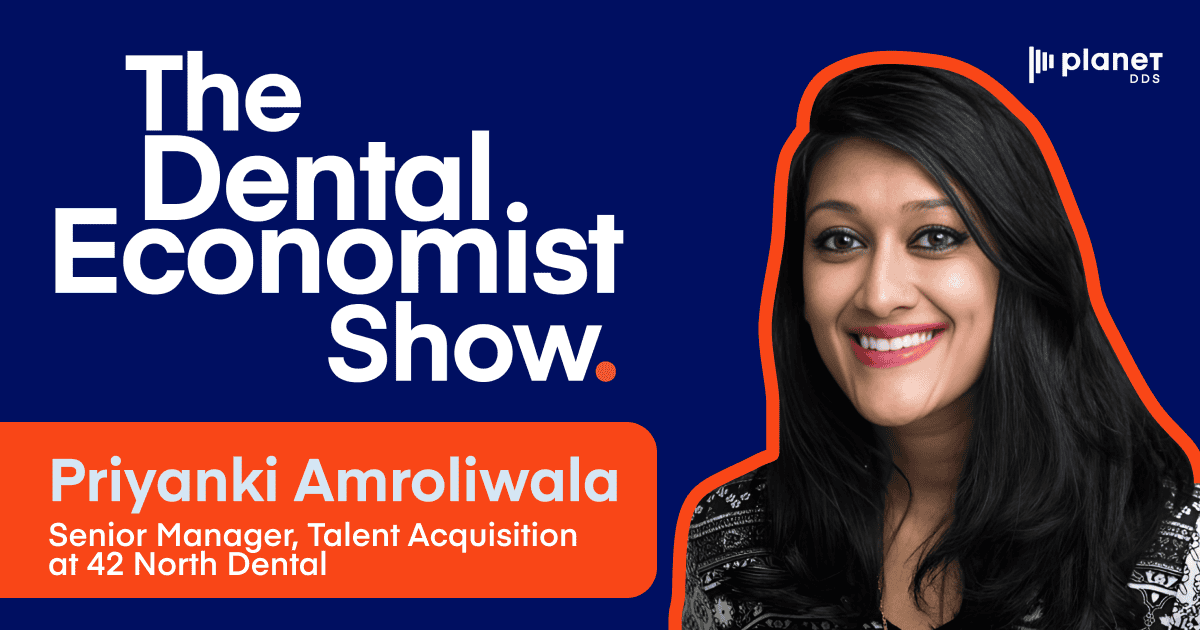Debunking 9 Common Myths About Cloud Security and Those That Impact Dentistry

“Move to the cloud,” they said. “Everything will be secure,” they said. You either believe the part about security or you vacillate because you believe the myths about the cloud.
The cloud storage and management environment covers a massive amount to territory. Each industry using it faces its own burden of proof relative to how secure it is (or isn’t) depending on who you believe.
With that in mind, the healthcare sector, including dentistry, must also align their cloud bias with regulatory guidelines (more on this in a moment).
The issue of security – myths aside
User privacy protections and data security are a top-shelf concern. Individuals and corporations are routinely reminded that no one is immune to a cyberattack.
That thought can easily cause a panic. It also creates a lock-down mindset that can also lock-out the greater good of cloud data management.
The gap between reluctance and reality is where certain myths have emerged. It’s important to evaluate them, extract useful caution, and then debunk the myths about cloud security that have no relevance.
It’s time to debunk the myths about cloud security and those that impact dentistry
Keep in mind that there are common, across-the-board myths associated with cloud security. Each are fairly straight forward in their concern.
Common myths about cloud security
Myth #1: “The cloud isn’t safe!”
It follows the mindset that what you can see you can control and protect. While your data (in reality) is out of sight the fact that you have access to the network server in your IT closet or paper files gives you some sense of security about its contents.
The Reality:
- Paper files can be stolen during a break-in, or they can be lost or damaged in a fire.
- The technology that drives cloud security is less vulnerable to being attacked or compromised than a traditional server-based system.
- Data security measures for cloud systems follow diligent monitoring protocols, are subject to equally robust audits, and are protected by strict access rights.
Myth #2: “Cloud attacks are easier to pull off!”
The idea is that cloud systems managed by cloud service providers (CSPs) makes them more open to security threats.
The Reality:
- Security upgrades and skill-sets for CSPs have improved.
- Patches, monitoring, and firewall protections are routinely deployed with CSPs for threat-prevention.
Myth #3: “Cloud data is out of my reach and control!”
This myth surrounds the common lack-of-control thinking. Again, it’s believed that you have more control over server stored data as compared with what’s out-of-sight, in the cloud.
The Reality:
- Cloud stored data resides in a secure location
- Cloud data is always accessible regardless of location
Myth #4: “Cloud platforms are new and not totally trustworthy!”
Innovation is often the victim of distrust. It makes sense that much of the mysticism associated with cloud security would follow.
The Reality:
- The cloud has been around longer than most realize – dating back to the 1990s.
- Over 20 years of innovation has allowed cloud usage to evolve and mature.
Myth #5: “Cloud data can be accessed by anyone!”
The thought that someone (outside of your management scope) is storing your data can cause some concern. Or the idea that cloud-space is perceived to be shared by different users can be disruptive for many.
The Reality:
- Shared network space doesn’t mean everyone has keyed access.
- Data encryption essentially “locks-down” stored data making a breach next to impossible (unlike an on-site server that typically does not provide encryption).
- The cloud environment is likened to a “highway” shared by many but no one can “drive-off” with your data because it’s locked (encrypted).
Cloud myths about healthcare data (including dentistry)
Myth #6: “Cloud platforms have compliance risks!”
Electronic health records (EHRs) and other patient health data comes with a high amount of trust. That’s why rules such as GDPR and HIPAA were established.
The Reality:
- Cloud platforms and their vendors have taken all the required steps to meet healthcare data storage compliance.
- Though you’re covered on the cloud side of things it’s essential that you/your organization follow all internal and external protocols to meet required guidelines.
Myth #7: “Cloud access is slow and will affect workflows and productivity!”
As with the what-you-see-is what-you-can-control mindset this myth often prevails. It’s really a question of what’s perceived to be more reliable in the moment.
The Reality:
- Cloud technology is highly responsive compared with local, legacy systems.
- Point-of-use access, system resilience, and real-time backups can produce close to 100% uptime guarantees.
- Connectivity solutions such as high-speed internet and equipped mobile devices provide fast, seamless, and secure access to cloud stored data.
Myth #8: “Cloud storage and security measures are expensive!”
It is true that most cloud vendors require fees for storage and infrastructure support. Yet the belief is that enterprise hardware, servers, and necessary technology will incur less cost and long term is also unfounded.
The Reality:
- Dentistry (like other healthcare providers) utilize imagery and diagnostic data. Each take up a lot of storage space. Cloud storage is typically more cost-effective than locally stored data.
- Cloud vendors are solution oriented and will often bake-in storage, upgrades, support, and other related costs into their system packages. This can significantly offset not having to purchase add-ons with a server-based system.
Myth #9: “Data stored in the cloud is not solely my property!”
Shared storage and security measures are often equated with giving up ownership.
The Reality:
- A cloud vendor doesn’t “own” your data. Space is simply rented to store and secure what’s rightfully owned and trusted to you, the provider.
- Contractual agreements will detail the extent of the relationship a cloud vendor has with you and your data.
It’s no myth: cloud-based systems provide a level of confidence when you’re concerned about cybersecurity and compliance for your dental practice
A general cybersecurity overview and how a cloud-based practice management platform can increase your protection is available in this resource:
Why Cybersecurity for Dental Practices is a Priority
Be confident that your sensitive dental practice and patient data is safe and secure…
Most HIPAA breaches occur when physical media ends up in the wrong hands. Could be a hard drive, a thumb drive, or an entire workstation – including the installed practice management software.
Denticon provides enhanced security for your patient and practice data.
- Layers of intrusion detection and innovative security protocols
- Continuous back-ups with full redundancy and disaster recovery planning
Contact us for more information about how Denticon can streamline your systems and operational tasks and provide confidence for daily security and recovery from a data security threat.



